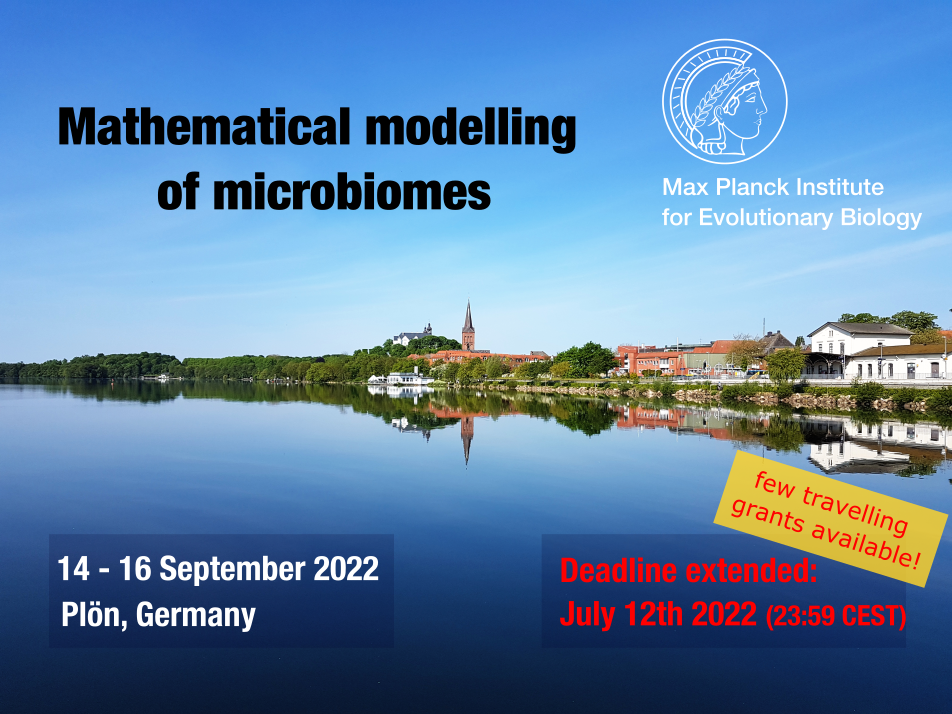Speaker
Description
Using models to understand microbiomes requires good data, generated from experiments designed to capture relevant information and having structure suitable for model fitting, analysis capable of dealing with the idiosyncracies in these data, and models capable of recapitulating the sometimes-weird features that we actually observe. Using small host-microbiome models, we can generate data well-suited for illustrating some of these features and for demonstrating the errors that occur when there is a disconnect between assumptions in experiments, analysis, and models. In this talk, we will discuss the effects of "weirdness" (skewed, kurtotic, and/or bumpy underlying distributions of states) and "badness" (sampling errors, batch effects) on "ugliness" of model predictions (failure to recapitulate data features, particularly in the tails), with assistance from low-dimensional data sets of host-microbe association in Caenorhabditis elegans.

